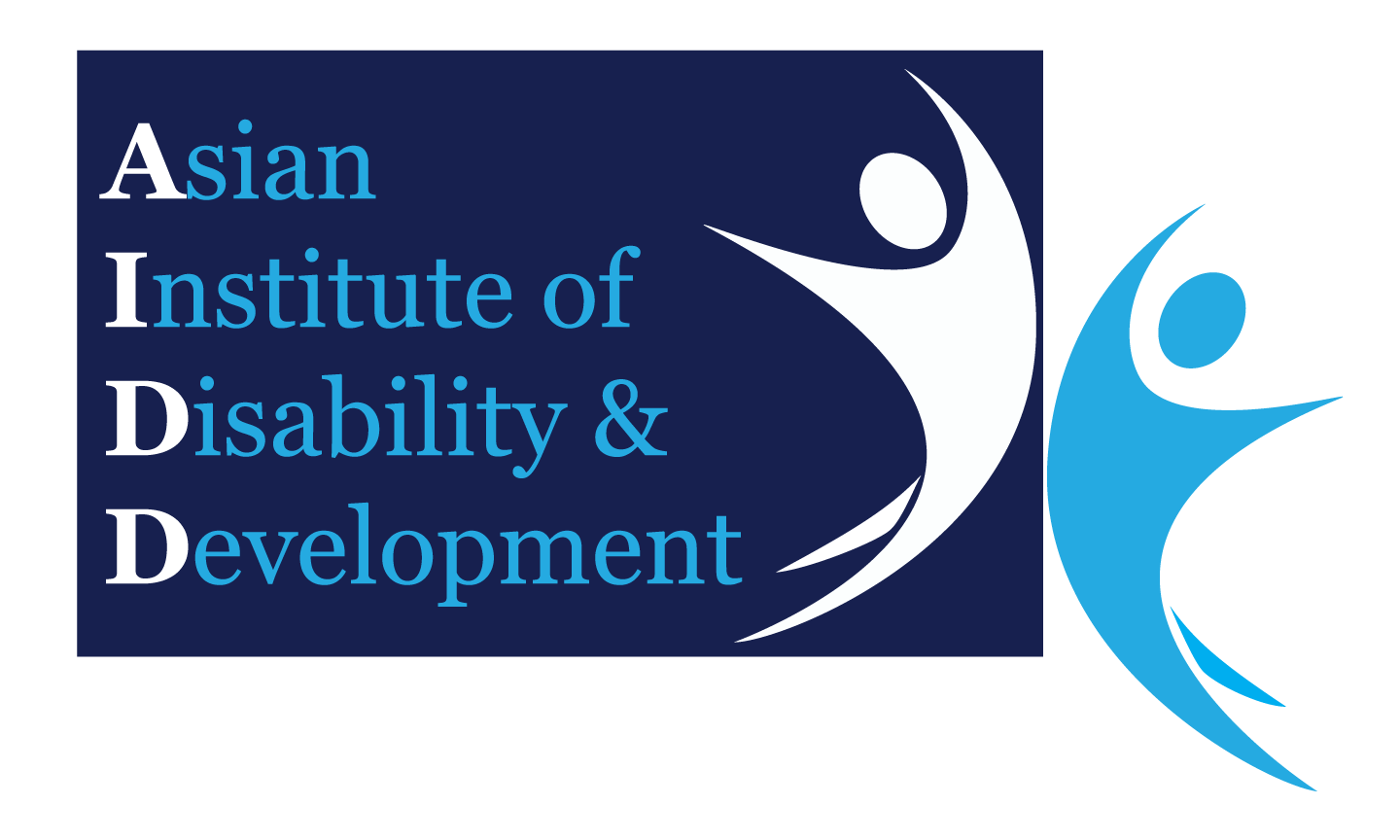
Fostering inclusion through evidence and empowerment


Research // Empowerment
Empowerment
Our Profile

The areas of empowerment research and programs at AIDD are:
Community Mobilization
The Key Informant Method (KIM) is a fundamental approach of direct engagement with the community and empowering them to address various health and development related issues. KIM is a novel method for identifying children with disabilities in the community. It involves training local volunteers to act as key informants (KI’s). KI’s are people who live and/or work in their local community, who have a social role through their vocation, and who are, therefore, likely to know the local context as well as the people about whom information is being sought. Major partner CSF Global has already trained over 25,000 KI’s nationally. The network of KI’s and other existing infrastructure will be utilized for mobilizing the community and initial contact with research participants is often made through the local KI’s and health professionals. We also have trained personnel such as community mobilizers and field project coordinators to raise awareness at the communities regarding disability-inclusive development and relevant public health matters, aid in mobilization of community resources, retracing study cohorts, and initiating advocacy from the local levels of power structure. The field staff such as the community mobilizers and field project coordinators maintain active networks and partnerships with stakeholders in the work area. The Community Mobilisers are responsible for community mobilization, initial screening of detected children, raising awareness among the parent/caregivers of the children with disabilities and providing referral services of children with disabilities. They are also issued motorcycles for transportation in remote rural communities, they can provide logistical support if needed.
Through utilization of existing resources and networks, a base can be created for development of advocacy programs at the relevant levels of administration and government structures.
Please visit our page on social justice, advocacy and awareness
Self-Help
Through our efforts, formation of support groups is facilitated with the family/household members of children with disabilities. By involving the child’s caregivers in the transition program, they are engaged in the rehabilitative care and therapy services programs, and parent support and education is provided. The community therapists involve the parents in other services like group therapy and community follow-up by providing family centric care, keeping the caregiver informed about the child’s progress, and providing recommendations. These steps help to empower caregivers to advocate for and facilitate their child’s participation at their home, community, school, and vocation. Through this program, caregivers are able to form support networks with other caregivers of children with CP.
Additionally, 150 wheelchair ramps have been constructed with funding from the Rotary Club of Turramurra, Australia to ensure wheelchair accessibility at homes and schools in rural areas; caregivers of children with disabilities and other members of their households have been engaged to participate by contributing physical labour for construction of the ramps. This is expected to activate the local people in being aware of and responding to the needs of persons with disabilities.
It is expected that the parent self-help groups may serve as a platform for any future work such as community-based participatory research or development of social capital.
Empowering the Disabled
Our mission is to create new knowledge based on scientific evidence, rigorous and systemic research, and cutting edge professional development programs having the ultimate aim of creating a society that is wholly inclusive for people with disabilities (and their families). We believe this should be approached by ensuring their empowerment to make them active members and participants at households, communities, educational institutions and workplaces, and as economic agents.
AIDD is working on research and development of assistive devices and technologies, creating accessible environments, and establishing disability centres to provide rehabilitative care and therapy services, as well as support in providing clinical care and services where it might be necessary. Additionally, AIDD is also disseminating findings of investigations to aid planners and policy makers for creating a disability-inclusive society. Further efforts involve advocacy both directly and indirectly through empowering people with disabilities and their families.




